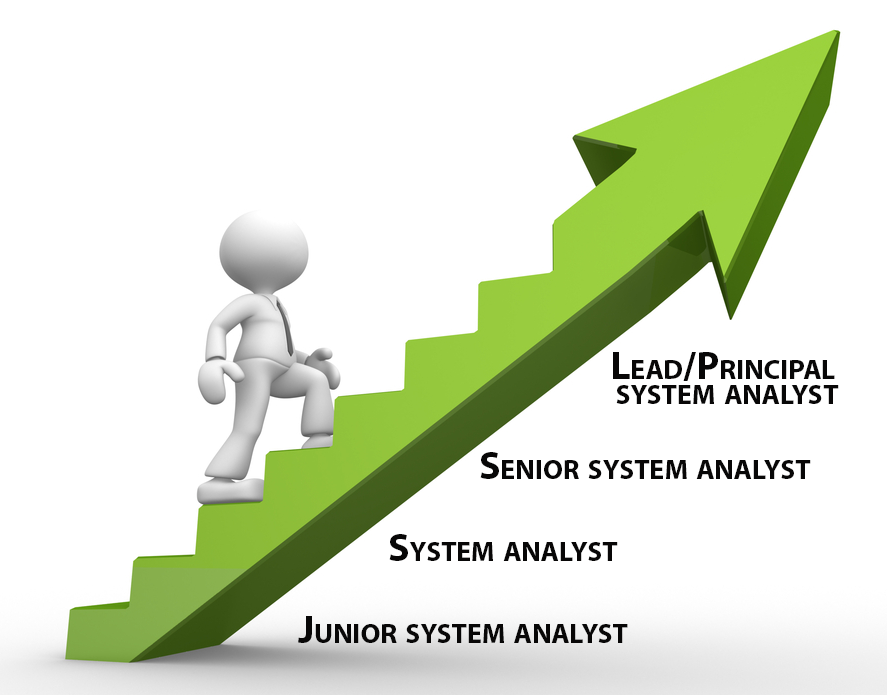In the global network, there are many articles on who are software testers and programmers, how they do an interview, how correctly to rise the career ladders in that field but the position of QA analyst is still in the background. Who are they? Where are they come from? Where can one learn this? Further, in the article, we will analyze the most common questions about this profession.
Who Is a QA Analyst?
There are many professions in the name of which you can find the word “analyst”. For example, a financial analyst who works in a bank, a military analyst who works on military conflict, web analyst who studies how users interact with web applications. Also, there is an analyst in the sphere of IT technologies. But in general, we can divide analysts into 2 types: system and business analyst.
First of all, it happens because there is a need to work with documentation and describe requirements on different levels: [highlight dark=”no”]business processes, user requests, and functional requests.[/highlight]
Business requirements are necessary for work with high-level goals that are used further in the information environment. User requests describe tasks and goals that users can solve with a particular system. Functional requirements are focused on defining the maximum capabilities of the software.
The basic task of QA consultants is to choose all available strategic goals for implementation and to display them in the form of structured business requirements. The business analyst is the one who is an expert in business processes, can easily find bottlenecks in a product, and makes ways to optimize them. This is an extremely difficult and very important kind of work.
To practice this profession, one needs to be well versed in the subject area, have strategic thinking, and operate with basic design skills.
On the other hand, system analyst makes functional specification based on client requirements. In other words, system analyst (QA analyst), first of all, is responsible for analyzing customer interests in the created system for the possibility of instant satisfaction with its technological parameters. Simply speaking, the QA analyst is responsible for transferring the description of the operating task from business to a special document (requirements specification) that in the future will be understandable to the development department.
There are some companies where the boundaries between business analysts and QA analysts are completely blurred: business analysts with project solutions can easily learn how to make requirement specifications, while QA analysts can study substantive basis.
Where to Find an Analyst?

Systems analyst’s career path
All the system analysts can be divided into 4 equal groups:
- Junior system analyst;
- System analyst;
- Senior system analyst;
- Lead/Principal system analyst.
Junior system analyst. They can be either experienced business users who make requirements for the IT community with specialized education or college graduates. In the first case, a potential employer will be interested in subject matter expert opinion, while in the second case one will look for basic programming skills.
A list of basic responsibilities of junior system analyst:
- Development of meeting and interview minutes;
- Technical support of the systems used;
- Work on the study of systems and/or their analogs;
- Gradual approbation of the implementation of user requirements for the functions of the system used;
- Working with requests for editing system functions.
System analyst. This position is a perfect option either for a junior analyst with 3 years of experience in IT, or specialists from secondary professions (testers or programmers).
According to a common standard, the main responsibilities of a system analyst are:
- Search for system and subsystem requirements;
- Analysis of system and subsystem requirements;
- Making principles regulating the use of systems and subsystems;
- Search for risks and risk reporting to project manager;
- Reporting on the progress of work performed to create requirements for system and subsystem.
Senior system analyst has about 5 years of experience in system design. Usually, they are experienced programmers with a long record of service.
First of all, they develop a conceptual design of complex web systems, namely:
- Planning the creation or recovery of software requirements;
- Development of goals for software development;
- Creation of technical specifications for software;
- Organization of approval of technical specifications for software;
- Creation of software concept;
- Working with requests for editing system requirements;
- Analytics of problem situations with stakeholders.
Lead/Principal System Analyst has more than 5 years of experience, an impressive base of used tools, as well as experience in the development of IS.
Features of this position:
- Proficiency testing and planning of professional growth for junior system analysts;
- Management of analytical resources and related competencies;
- Management of web framework and maintenance of technical requirements for software;
- Control over analytics on an IT project.










0 Comments